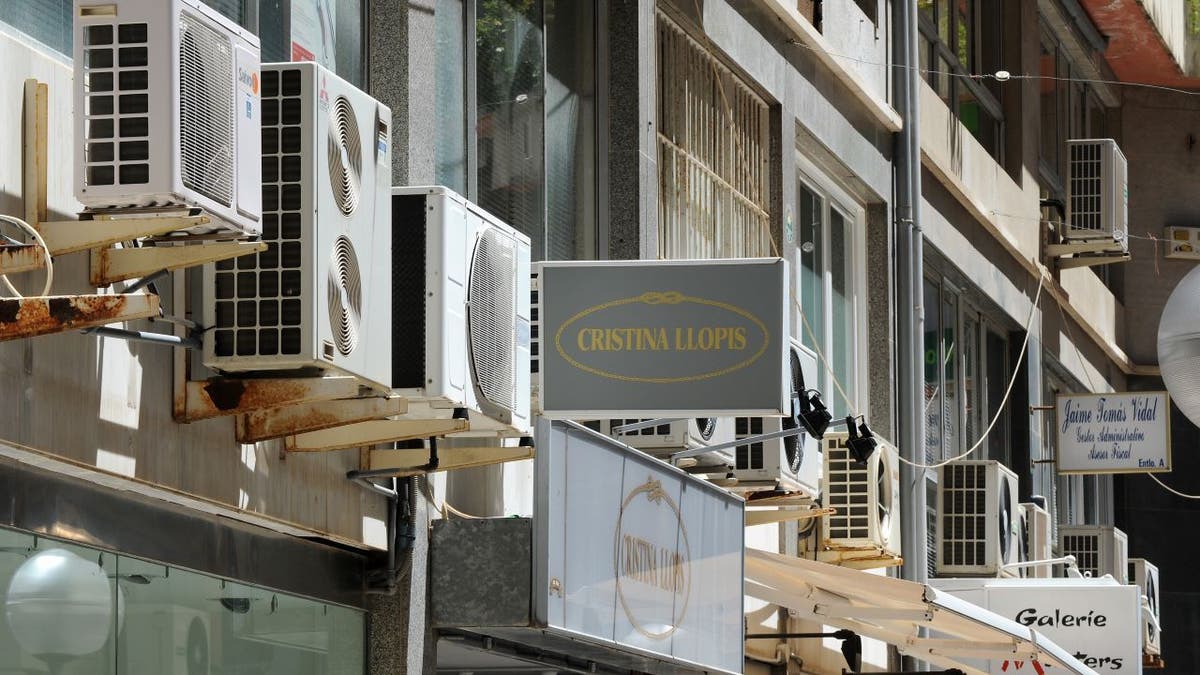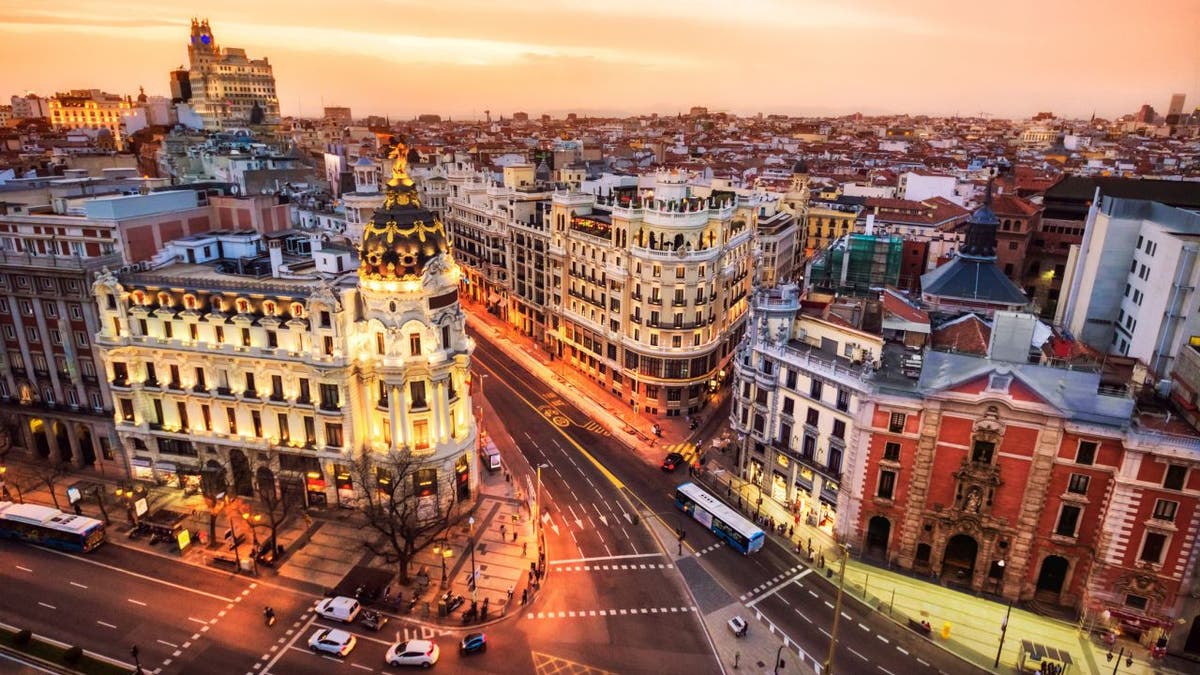Fox News Flash top headlines for August 10
Fox News Flash top headlines are here. Check out what's clicking on Foxnews.com.
A new energy-saving rule in Spain that limits the use of air conditioning in public spaces in order to curb dependence on Russian energy is going into effect despite sweltering temperatures.
The regulation requires air conditioning be set no lower than 80.6 degrees Fahrenheit during the warmest months of the year in public spaces such as shops, offices, and movie theaters, even though temperatures routinely eclipse 100 degrees Fahrenheit during the summer months, Agence France Press reported.
Over the next few days, temperatures in Spain are expected to reach 100 degrees Fahrenheit and remain in the mid 90s for the rest of the week.
"The plan's aim is to save gas for the winter in case [Russian President Vladimir] Putin decides to cut off gas supplies to Europe as a result of sanctions," Joan Groizard, head of the Energy Savings and Diversification Institute at Spain's ecology ministry, said.
RUSSIA LAUNCHES IRANIAN SATELLITE INTO SPACE AMID FEARS IT WILL BE USED TO SURVEIL UKRAINE

Air conditioners can be seen on a commercial building in Palma de Mallorca on May 24, 2010, in Palma de Mallorca, Spain. (Photo by Sascha Baumann/Getty Images)
That scenario "could make this winter very difficult," he added.
The legislation will also affect Spaniards who are trying to heat their homes this winter and will prohibit homes from being heated higher than 50 degrees Fahrenheit.
WESTERN TECH CONTINUES TO FLOW INTO RUSSIA DESPITE SANCTIONS: REPORT
Additionally, shops will be required to turn off window-display lighting after 10 p.m. and any public space with heating or air conditioning must have a door that automatically closes by the end of September.
The European Commission hopes that the EU can cut its dependency on Russian gas by two-thirds this year and be completely independent of Russian fuel by 2030 in response to the country's invasion of Ukraine.

Aerial view of Gran Via in Madrid at dusk from Circulo de Bellas artes. Spain (iStock)
CLICK HERE TO GET THE FOX NEWS APP
The rule received strong pushback from Spanish residents, Euro News reported, causing the government to pull back slightly and allow hospitals, schools, and hairdressing salons to be exempt from the rule.
"What they had dictated is nonsense," César García, a restaurant owner in Segovia, Spain, said about the plan. "The hotel and catering industry has already suffered the consequences of the restrictions during the pandemic and now they want to impose more. We are not going to comply until we are sanctioned."









































